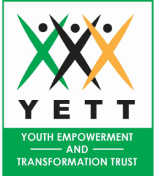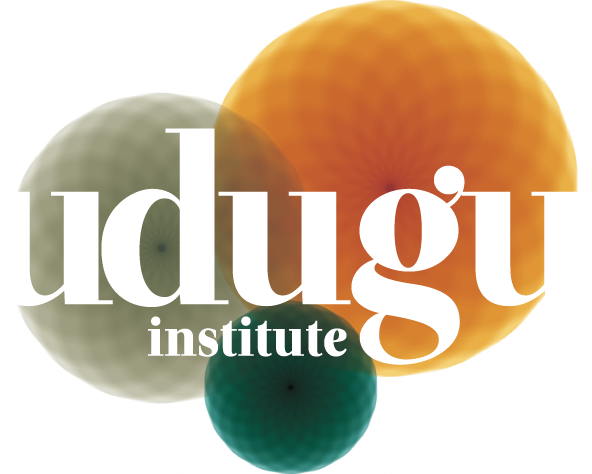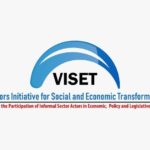Our aim is to pilot approaches for greater engagement between Citizens, Civil Society Organizations (CSOs), Government, and Private Sector for improved economic governance.
01. Devolution
Work will be focused on a broader engagement over the alignment of current and new laws with relevant Provisions on Devolution contained in the 2013 Constitution. This will foster greater collaboration between State and Non-State Actors in ensuring that the Economic Governance Initiative work meets its objective of evidence-based dialogue in support of a more inclusive economy.
02. Debt
Promotion of evidence-based dialogue between State and Non-State Actors will tap into all available information on debt (Government, Donors, and Private Sector) as well share global practices by countries that faced similar debt issues in the past as Zimbabwe faces today. Integrating issues of debt into development, impact on Youth, Women, and Marginalized Groups into the wider economic discourse will remain a key focus of the Consortium – and the basis of greater synergy. Specific activities will include (a) seeking clarity on borrowing powers for each Tier of Government, and (b) broadening access to understanding debt and development issues to a wider audience using easy to understand evidence-based communication tools
03. Transparency
The key anchors for this will be (a) follow-up to the Auditor Controller General report and broaden its discussions to include more Non-State Actors on progress, (b) strengthening capacity of Public Accounts Committee in Parliament, and (c) look into how the Public Entities Corporate Governance (PECOGO) Act can be used to strengthen governance and accountability within the State Owned Enterprises (SOEs) sector.
04. Youths
A particular focus of EGI will be paid on how Youth Organisations can increase their participation on issues of economic development, transparency, debt, and development as a result of greater usage of evidence-based dialogue and policy making, including (a) making youth empowerment a priority for dialogue with all actors (Government, communities, business, and others), (b) using innovation to solve problems with through technology, (c) engaging the Youth Council of Zimbabwe to become more inclusive, (d) tackling challenges and opportunities arising from increase urbanization, and (e) engaging tertiary and higher education institutions in these programs.
05. SMEs
In search of greater synergy, EGI will pay particular attention and focus on a strategy to bring about greater SME development and formalisation that enhances economic-growth away from a narrow focus on taxation of SME and informal players. Fostering greater understanding between State and Non-State actor on this broader economic role of SME and informal players will be particularly important in order to (a) promote bottom-up economic development support for individuals, communities, and SMEs, (b) support Doing Business Reforms by Local Authorities, (c) foster stronger partnership between SME players and Government/big business, and (d) look for ways Financial Inclusion can grow the SMEs.
Economic Governance Initiative
Who We Are
The Economic Governance Initiative (EGI) is a five-partnership consortium led by Udugu Institute to pilot approaches for greater engagement between Civil Society Organizations (CSOs), Government, and Private Sector in order to improve economic governance. EGI uses an Issue-Based Programming (IBP) approach in order to maintain relevance and responsiveness in addressing policies within a changing socio-economic and governance changing landscape. EGI also uses evidence-based Policy Dialogue on issues of Youth Empowerment, Job Creation, mutual Transparency and accountability, sustainable budget management, and innovation in the way systems and institutions develop to use new technologies to foster greater economic governance. EGI will strengthen economic governance in Zimbabwe by promoting greater responsiveness on the part of Local Authorities and government departments to Citizens demands, resulting in higher growth in incomes and employment at the level of enterprises and SMEs. It is underpinned by the need to leverage on the Transitional Stabilization Program (TSP) and support improved economic governance through a framework informed by Devolved Governance as provided for in the 2013 Zimbabwe Constitution; and which in turn will contribute to strategies for the 2021-2025 National Development Plan








